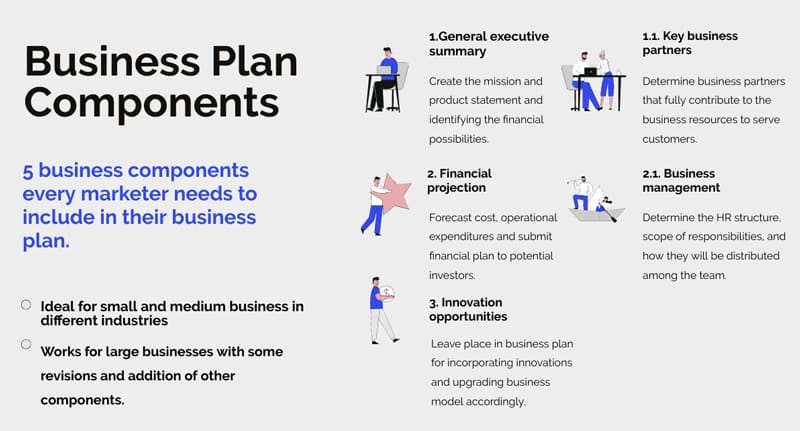Increase the odds that your business startup will be a Success
Whether you aspire to be a Solopreneur or Entrepreneur, if you’re thinking about making that jump and becoming one; you need to write an effective business plan.
A well-structured business plan can help you get the funding or onboard new business partners. Investors will feel confident that they will witness a positive ROI. Your business plan is the tool you will use to persuade others that working with you (or investing in your business) is a smart decision.
Be the Superhero of Your Story
Well narrated business plan is not only quintessential in the financing process, but it also guides you through each stage of starting and managing your business. The business plan acts as a roadmap for how to structure, run, and grow your new business. There’s no exact science to write a business plan however, what’s important is that your draft meets all the requirements.
Conventional Plan vs. Lean Startup Plan
Broadly speaking business plans can be either of the two categories: conventional or lean startup.
Conventional Business Plans
Conventional business plan more often follows a standard structure and encourage to go into detail in each section. You might prefer a traditional business plan format if you prefer a classic style of approach, or plan to request financing from traditional sources.
The Conventional business plan format includes certain combination of these nine headers:
- Executive Summary
- Company Description
- Products and Services
- Marketing Plan
- Operational Plan
- Management and Organization
- Startup Expenses and Capitalization
- Financial Plan
- Appendices
Lean Startup Plan
Lean startup plan is poised to disrupt the traditional outlook. It’s high-level focus, fast to write, and contains key elements only. It is useful for visualizing tradeoffs and fundamental facts about the company.
This approach is highly preferred by tech or eshop startups, modern age investor groups or business evangelists aspiring new innovations and user experiences.
The format includes some combination of:
- Executive Summary
- Financial Projection
- Strategic Partnership
- Human Capital Structure
- USP & Customer Relationship
- Innovation Prospects

Benefits of Creating a Master Business Plan
- Identify gaps and bridge it before you are open to business.
- Develop better strategies and strengthen your ideas through market research and competition analysis.
- Detect unidentified business opportunities not previously considered and plan how to use to your advantage.
- Convince stakeholders and investors about your idea and persuade them to work with you.
- Outline the funding requirements be it initial capital or working capital to be prepared with adequate seed fund.
- Identify your target market and how to influence them.
Final Thoughts
A business plan is a formal written document containing the goals of a business and the methods for attaining those goals. A business plan lays out a written roadmap for the firm from marketing, financial, and operational standpoints. Both startups and established companies use business plans.
